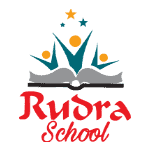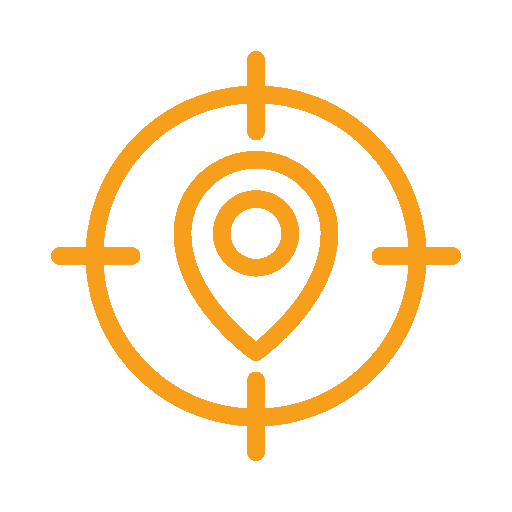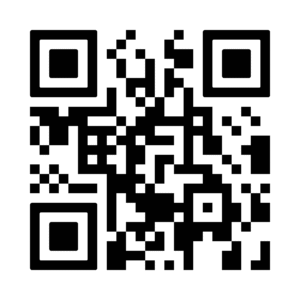
Experimental learning, sometimes referred to as experiential learning, is a teaching strategy that prioritizes real-world experiences as the main way to learn. It is predicated on the notion that people learn best when they actively engage with the material and reflect on their experiences.
In contrast to being merely passive information consumers, learners are encouraged to actively engage in activities and explore, experiment, and learn new things. This method enables students to strengthen their critical thinking abilities, connect theory to practice, and gain a greater comprehension of the subject.
Experiential learning is significant for a number of reasons:
Engagement: Experiential learning encourages active participation in the educational process. Engaging in activities increases learners’ motivation and investment, which improves their entire learning experience.
Application of knowledge: Students have the chance to put their academic knowledge to use in practical settings by engaging in hands-on activities. They gain a greater understanding of the subject matter as well as an understanding of how knowledge can be used practically.
Critical thinking abilities: Experimental learning promotes critical thinking, problem-solving, and decision-making based on observations and experiences. This encourages the growth of analytical and problem-solving abilities, which are beneficial in many facets of life.
Knowledge retention: According to studies, students who actively engage in the learning process are more likely to recall and retain the material. Learning becomes more memorable and significant when students use their numerous senses and have first-hand experience with subjects.
Personal growth and development: Experiential learning frequently entails difficulties and dangers, which present chances for personal development. It can increase self-assurance, foster resilience, and foster the growth of crucial abilities like teamwork, communication, and flexibility.
Transferability of knowledge and skills: Since experimental learning focuses on real-world applications, the knowledge and abilities picked up in one environment are frequently transferable to other contexts. The experiences and methods of problem-solving that learners bring to the classroom can be used in various contexts, enhancing the flexibility and relevance of their learning.
Overall, experimental learning delivers a dynamic and engaging educational experience that improves learning outcomes, fosters personal development, and equips people with the skills they need to face difficulties in the real world. Learners can gain useful skills that go beyond rote memory by actively participating in the subject matter and critically thinking about their experiences.





